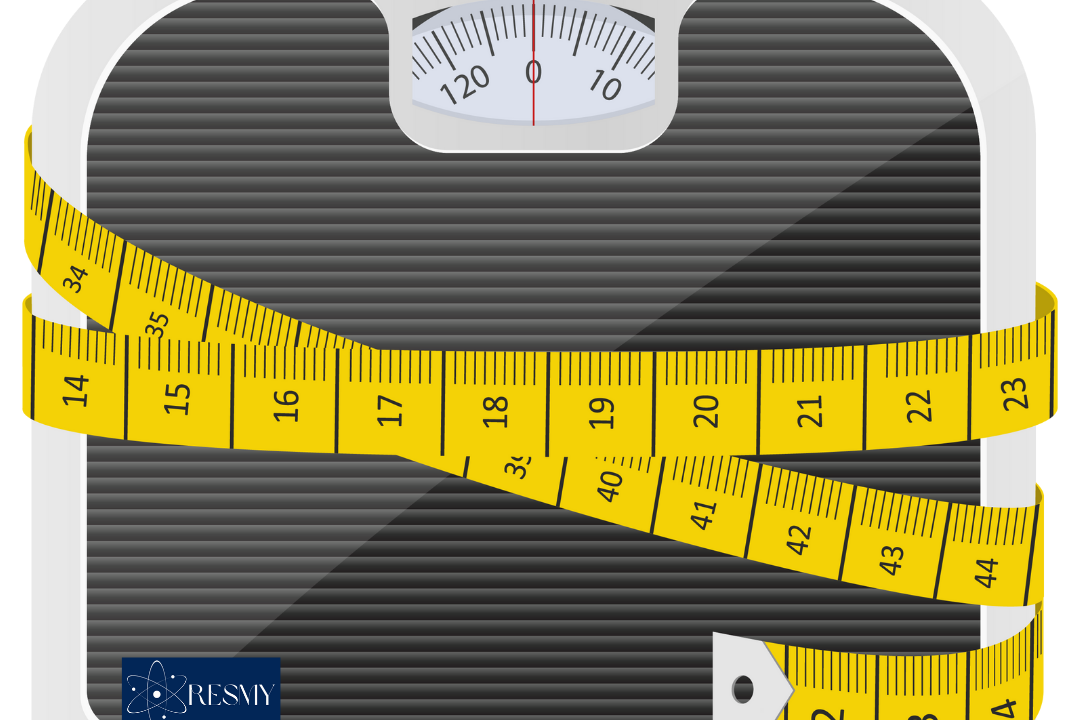Unexplained weight loss, a common occurrence during doctor visits, may be a red flag for a higher risk of cancer in the following year, according to a new study published in a leading medical journal. Researchers examined data from a long-term health professional study and found that individuals who lost more than 10% of their body weight in the past two years had a significantly higher rate of cancer diagnoses within the next 12 months compared to those with stable weight.
The study, involving hundreds of thousands of participants over decades, adds a new layer to the complex relationship between weight and cancer. While obesity is a known risk factor for several cancers, this research suggests that sudden, unintentional weight loss might be an early indicator of an underlying malignancy.
The study, published in the Journal of the American Medical Association, followed participants from the Nurses’ Health Study (women aged 40 and over) and the Health Professionals Follow-Up Study (men aged 40 and over) for nearly four decades. During the study period, researchers documented over 15,000 new cancer diagnoses.
Key Findings:
- Individuals who experienced weight loss exceeding 10% of their body weight within the past two years had a significantly higher risk of developing cancer in the following year compared to those with no recent weight loss.
- This increased risk was most pronounced among participants who reported low intentionality for weight loss, meaning their weight loss wasn’t a result of deliberate changes in diet or exercise.
- Cancers of the upper gastrointestinal tract (esophagus, stomach, liver, pancreas) were particularly prevalent in those with recent significant weight loss.
Unintended Weight Loss: A Cause for Concern?
The study emphasizes that weight loss is not inherently a bad thing. However, unintentional weight loss, especially when rapid and substantial, could be a red flag for underlying health issues, including cancer. The researchers caution that these findings require further investigation, but they highlight the importance of early detection.
What to Do if You Experience Unintentional Weight Loss:
- Schedule a doctor’s appointment: Discuss your weight loss with your doctor, particularly if it’s rapid or unexplained. They can perform a physical exam and order tests to rule out any underlying conditions.
- Maintain a healthy lifestyle: Regardless of weight loss, a healthy lifestyle with a balanced diet and regular exercise is crucial for overall well-being and can help reduce the risk of various health problems.
Limitations of the Study:
The study relied on self-reported data on weight and intentionality for weight loss, which may introduce some margin of error. Additionally, the study participants were healthcare professionals, and their experiences may not be entirely representative of the general population.
Looking Forward:
Further studies to explore the specific mechanisms linking unintentional weight loss and cancer risk are needed. The need for larger and more diverse studies to confirm these findings in a broader population.
The Bottom Line:
While weight loss itself doesn’t guarantee cancer, this study suggests that significant, unintentional weight loss within a short period could be a cause for concern. If you experience such weight loss, consult a doctor to discuss your individual situation and get proper medical advice. Early detection is vital for successful cancer treatment, so don’t hesitate to seek professional guidance if you have any concerns.pen_sparktunesharemore_vert
This research adds valuable insights to the complex relationship between weight and cancer. While maintaining a healthy weight and lifestyle are important for overall health and cancer prevention, sudden, unexplained weight loss should be investigated promptly to rule out any underlying medical conditions.
Reference: here
Other Topics: Medicine and Health Science, Natural Science, Agricultural Science, Engineering & Technology, Social Sciences & Humanities

